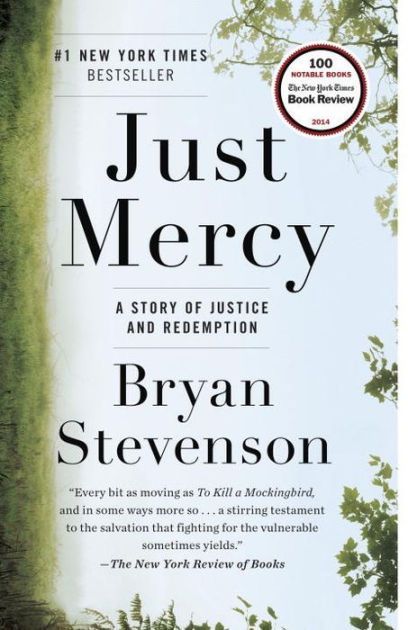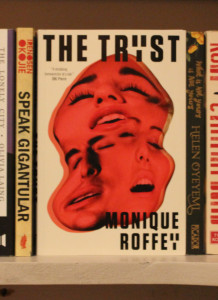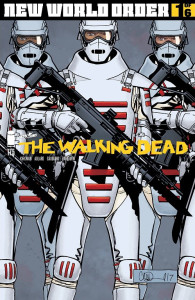Society in the late 1980s to early 2000s was a period of social unrest (some would argue that it still is). Civil rights continued to be an issue even after Jim Crow laws were abolished. A large majority of incarcerated prisons were black men and women who were accused of minor offenses, many of them non-lethal, and some were entirely innocent of the crime they were accused of. There was also a substantial portion of the prison population that were juveniles tried as adults and sentenced to life in adult prisons, or even the death penalty.

Just Mercy is Bryan Stevenson’s semi-autobiographical account of his early years as a lawyer, first working as part of Southern Prisoners Defense Committee (SPDC) until he formed his own advocacy group known as the Equal Justice Initiative (EJI) to help death row prisoners. Stevenson vividly recounts his myriad of cases throughout the book, but largely focuses on the case of Walter McMillian, an Alabama man accused of a murder he didn’t commit. The evidence against McMillian was overwhelming false or incoherent, and yet the police and justice system convicted him of murder. Stevenson works for many years to free McMillian while simultaneously working on other death row cases, many of which involve juveniles or the mental incapacitated.
This book gives the reader good insight into how the legal system continuously fails the people who put their faith in it. It reveals the bias that many law enforcement officers – from police to lawyers to judges – have against certain groups of individuals and how these biases often lead to unfair treatment of those accused of a crime.
I both read and listened to the audio book at the same time, finding that the audio book kept me focused on the non-fiction novel (which is typically not my preferred genre of reading). This book has been described to me as one that will make me cry, followed by anger, with some happy moments in between; this seems to be the most accurate description. I highly recommend this book to everyone, especially those who may not fully understand why certain groups of people mistrust the police and the law. Stevenson avoids using legal jargon whenever possible and sticks mostly to language the reader should recognize and understand. But the most important thing about this book is that it shows humanity in a different light, and that hope is what keeps many going even when there seems to be nothing left.
My rating: 4.5/5
Advertisements Share this:





